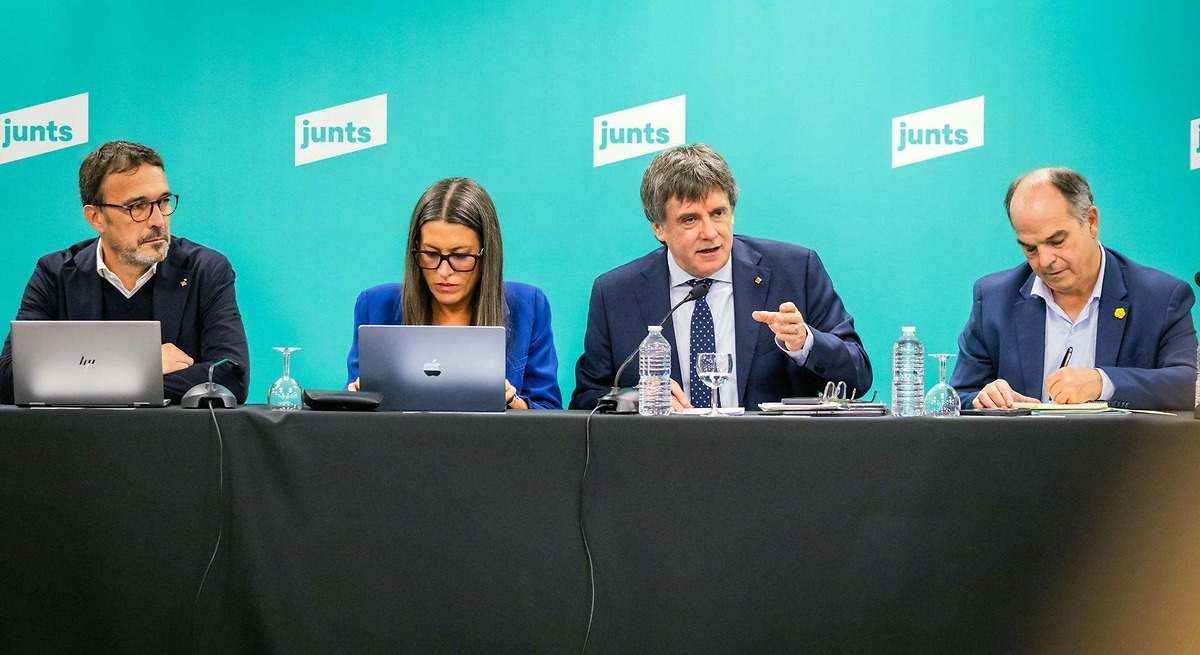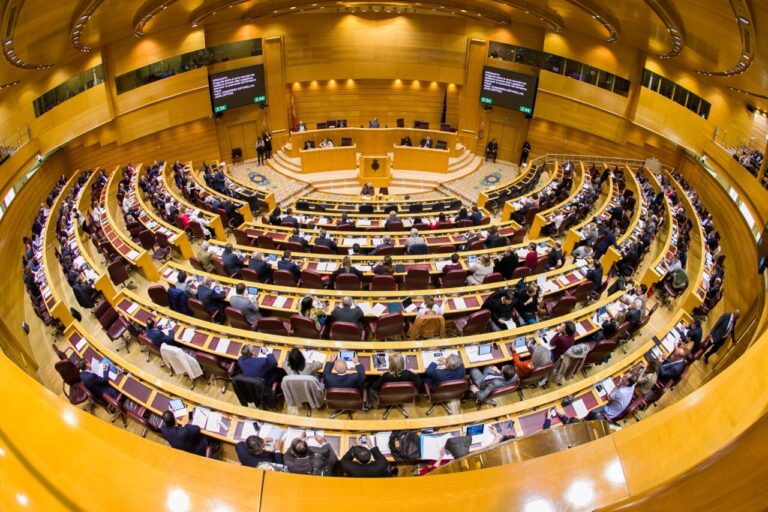The blockade announced by Junts per Catalunya has shaken the legislative agenda of the Executive and puts at risk some of the most important laws that the Government expected to approve in the coming weeks.
According to ElDiario.es, the pro-independence party has decided to withdraw its support for all the initiatives promoted by Moncloa, with a few exceptions, which seriously complicates the development of the legislature.
How will the Junts de Junts’ blockade affect the
Junts’ decision implies that 21 bills currently being processed will be practically frozen. Among them, the spending ceiling and the budget stability path stand out, fundamental pieces to start the elaboration of the General State Budget of 2026.
The Government of Pedro Sánchez was counting on these measures to measure the political pulse in Congress, but without the support of the seven deputies of Junts, the Executive lacks sufficient votes to move them forward.
The group’s spokeswoman, Míriam Nogueras, was categorical: “Without the votes of Junts, they cannot approve measures,” she warned, making it clear that each initiative of the Executive will face an amendment to the totality.
The laws most affected by the breakup
The new scenario blocks several strategic projects for Moncloa: among the most relevant is the reform of the Criminal Procedure Law, promoted by the Minister of Justice, Félix Bolaños, which aims to transfer the direction of criminal investigations from judges to prosecutors.
The proposal also seeks to limit the popular accusation, prevent political parties from using it and establish that it can only be exercised with a “legitimate link” to the case. This measure has been described by the opposition as the “Begoña law”, alluding to the investigations affecting the president’s wife.
Another project that could run aground is the new Classified Information Law, which would replace the current regulations inherited from the Franco regime. The text establishes an automatic declassification of secret documents after certain deadlines, with categories ranging from “Restricted” to “Top Secret”.
The Industry Act, the Consumer Protection Act, a reform of the financial system and several transpositions of European directives would also be affected.
Junts, from central partner to political obstacle

Until now, Junts had been a discreet but crucial ally for the Government. According to data cited by ElDiario.es, Carles Puigdemont ‘s party voted in favor of the Executive in 80% of the initiatives debated during the legislature, supporting 93 of almost 120 laws. Its vote was decisive in 12 of the 13 parliamentary defeats of the Government, which demonstrates the power it retains in a fragmented Congress.
However, the rupture of this alliance opens a new scenario of instability: Nogueras has warned that Junts will not support new laws approved by the Council of Ministers and that it will register amendments to all those that reach Congress signed by the Executive.
The few exceptions to the veto
Despite the blockage, Junts has confirmed that it will maintain its support for certain regulations previously agreed with the Government. Among them, the ELA law, which allocates 500 million euros for the care of people affected by this disease; the law on customer service, the law on social economy, the law on cinema and the law on sustainable mobility, which is already in the Senate.
The rest of the legislative agenda of the Executive is on hold until the relationship with the pro-independence party, which insists on its intention to exert political pressure in each vote, can be restored.










